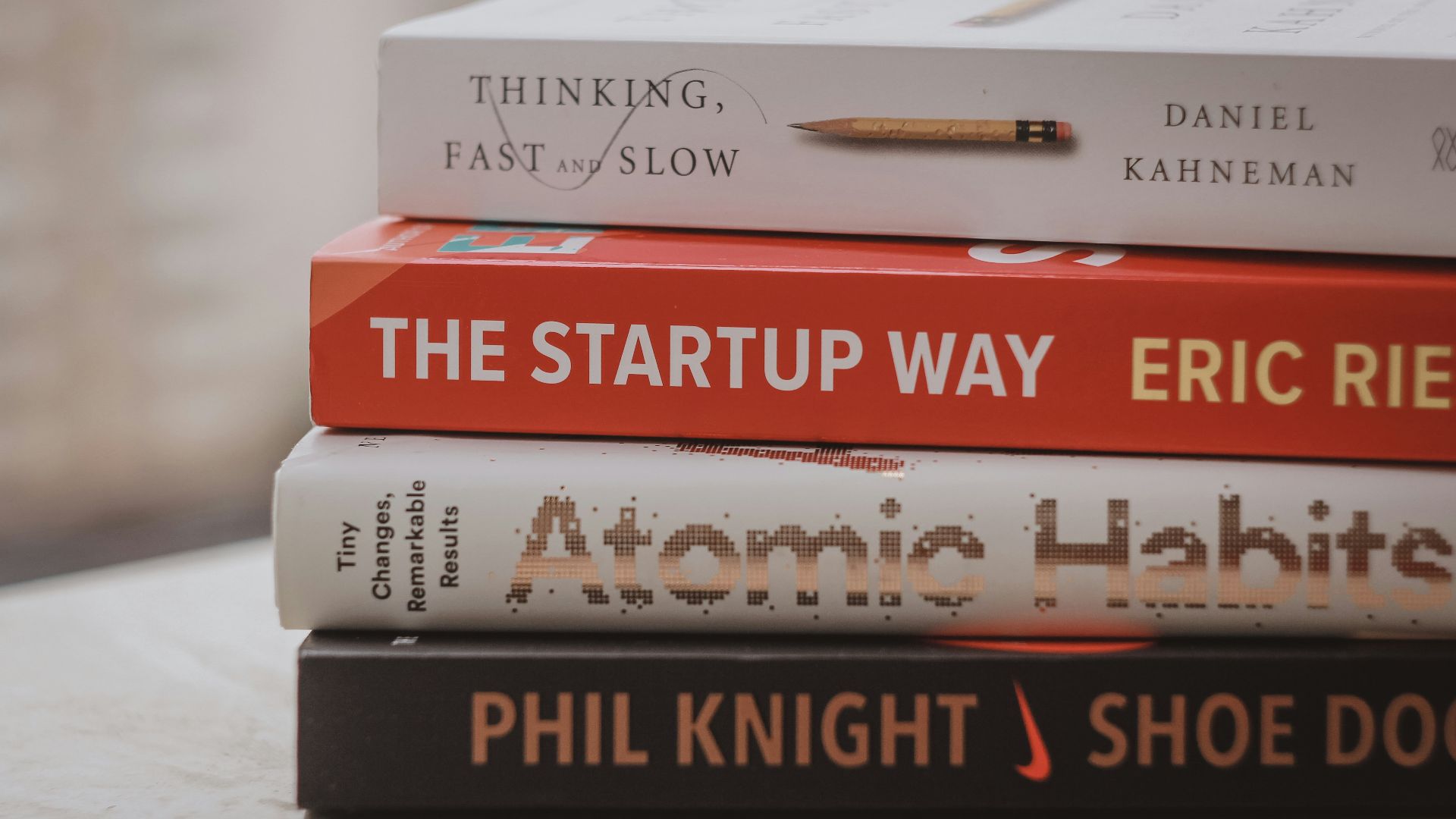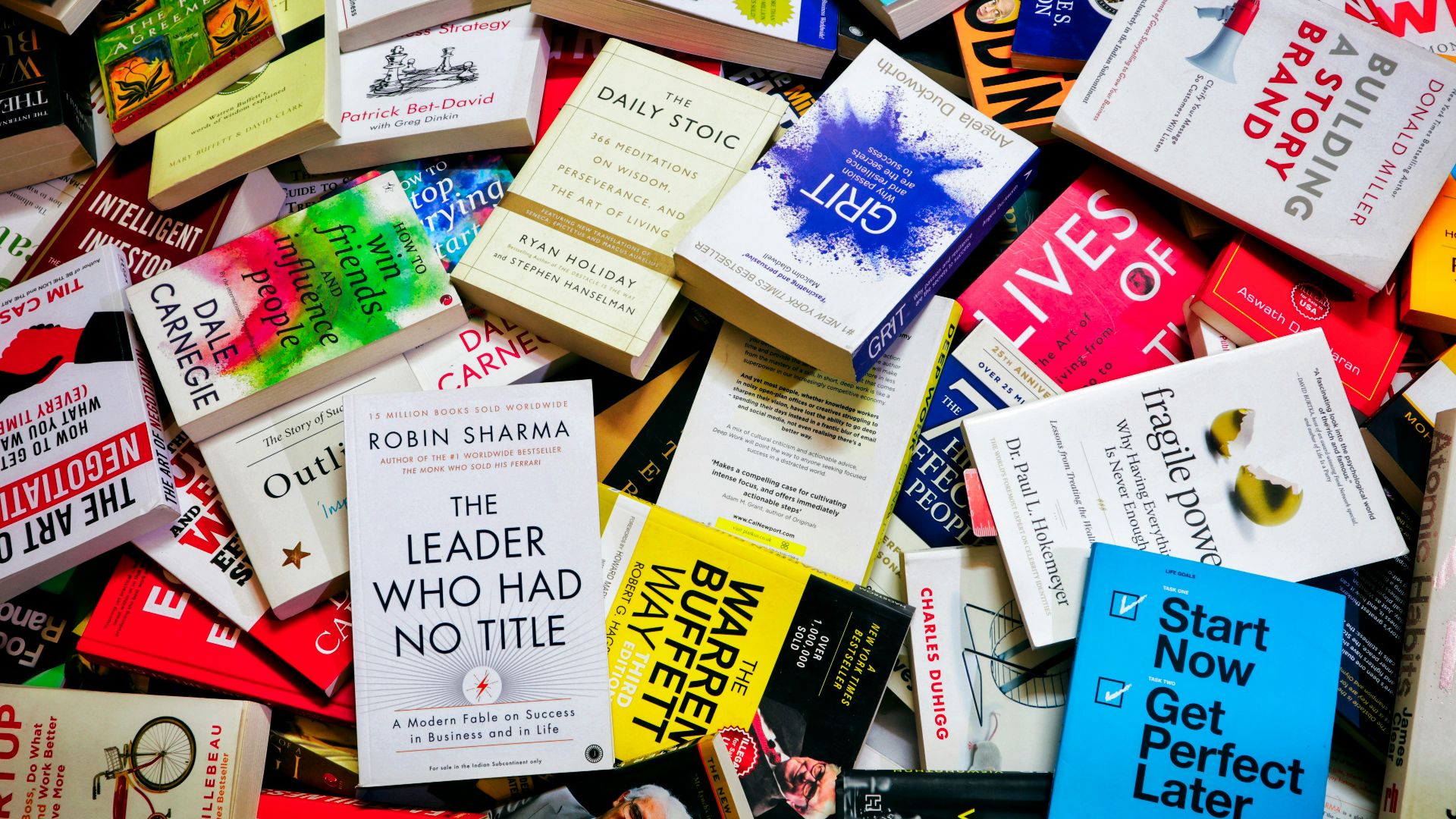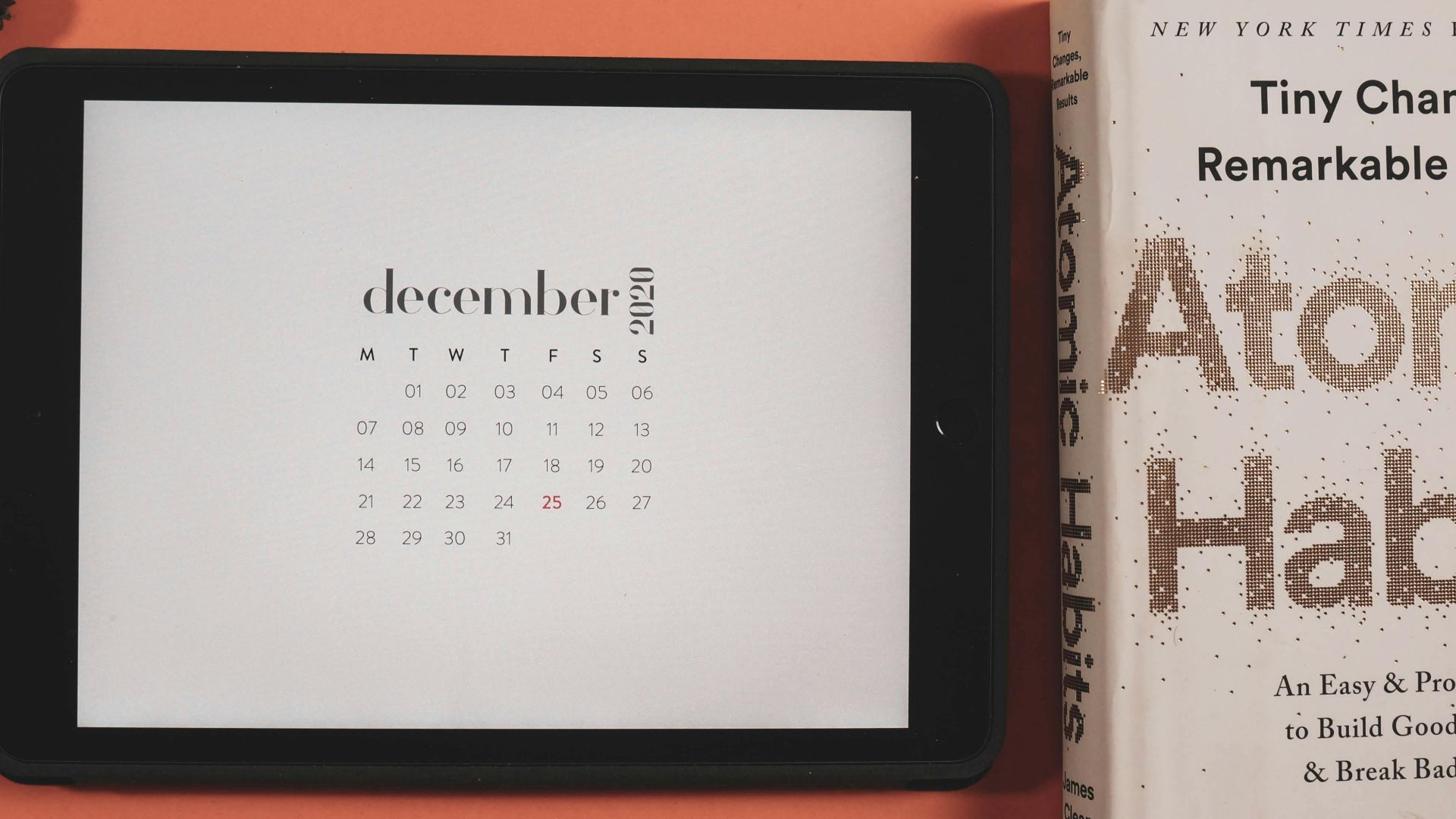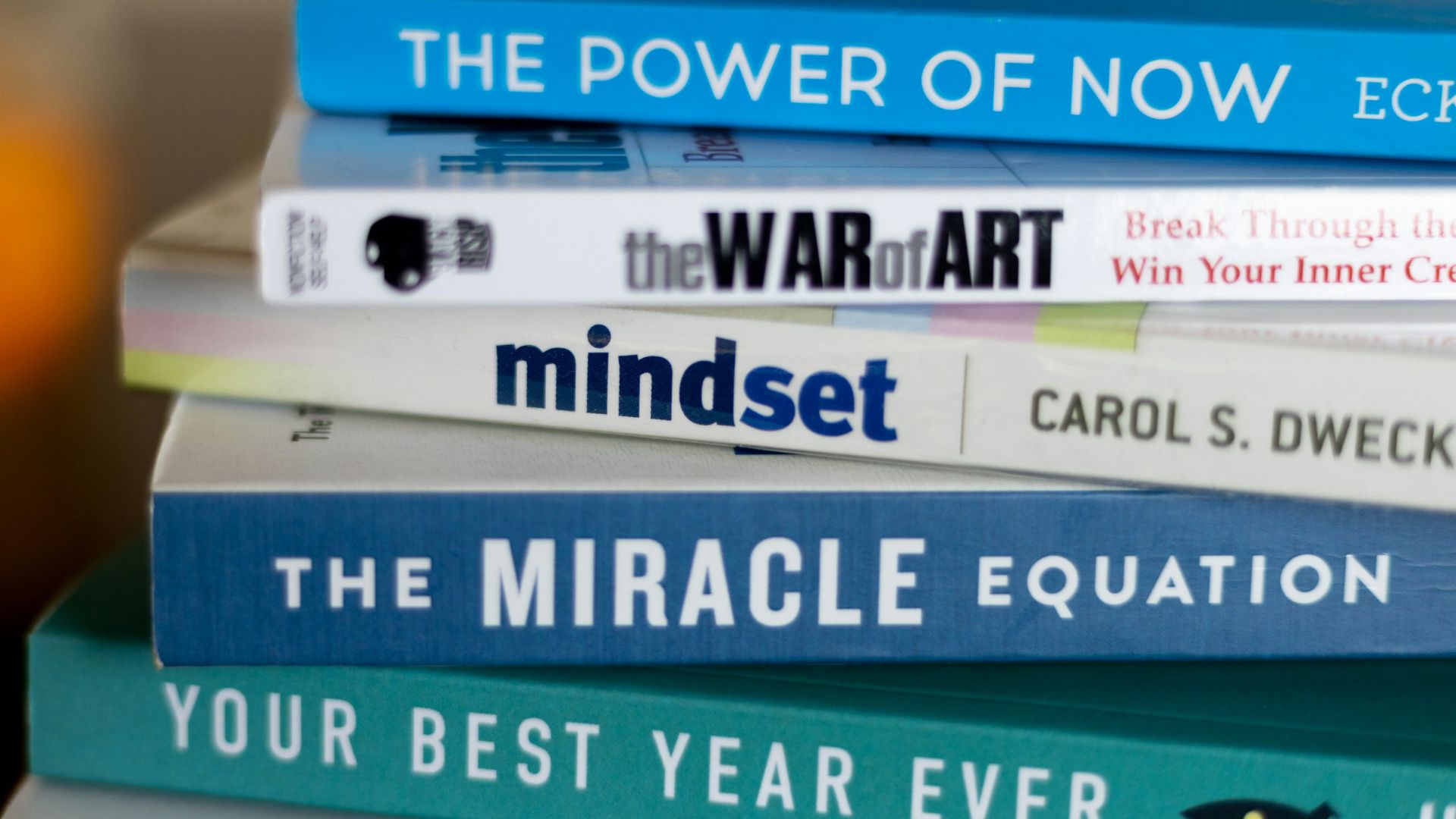Do Self-Help Books Actually Help?
For nearly five years, James Clear’s Atomic Habits: An Easy & Proven Way to Build Good Habits & Break Bad Ones has been #1 on the New York Times’ bestsellers list, as well as Amazon’s #1 bestseller. In its wake, Atomic Habits has opened up an enormous market for self-help books encouraging readers to “hack their brain” to increase productivity, become a better person, and inspire others. But do they actually work?
To take the most cynical approach, which is profit: yes. Self-help books generate more than $18 billion in revenue each year. To make things better, those numbers are only going up.
Self-Help In Short
As recently as a decade ago, self-help used to be “cringe”. Books like The Seven Habits of Highly Effective People or How to Win Friends and Influence People used to be punchlines. They were read by sad suburbanites who missed their shot at making it big, or high-powered businessmen with no time for their families.
And then Atomic Habits appeared on the scene. Atomic Habits debuted in 2018, at a time when many people felt somewhat powerless, and would go on to feel even more so with the rise of COVID-19. Atomic Habits allowed readers to take back a little of that power; they may not be able to change the world, but they could make subtle improvements to themselves.
The thing is that self-help books don’t actually want to help.
They don’t want you to get better, they want you to stay dependent on their advice so you can continue to buy more books. People who read one self-help books are more likely to read more under the belief that they can improve themselves.
Helpful Or Hurtful?
Writing for Forbes, author and educator Jeroen Kraaijenbrink broke self-help books into three categories: bad effect, placebo effect, and no effect.
Bad effect books give potentially harmful advice with false hope and no scientific basis. Placebo effect books succeed only because they draw your attention to something previously ignored. No effect books slide off readers like water off a duck’s back because their advice is overly simplistic.
Going back to our case study of Atomic Habits, James Clear is not a psychologist or psychiatrist. He’s a “habit formation” researcher with a degree in biomechanics, who got his professional start as an athletic performance coach. His research is based on personal experience and survivor bias, not science.
Kraaijenbrink would likely classic Atomic Habits as a placebo book. By his own admission, Clear has always been an organized and disciplined person, never struggling with the issues he considers himself an expert on. So, why, exactly, should we take his advice?
Clear’s advice is a jump of pseudoscience, toxic positivity, contradictions, and extremely simplistic guidelines. All the data behind his research comes from a company he founded a year before the book’s publication. By his own admission, James Clear is just a blogger who made it big.
A Cynical Industry Founded On Positivity
What he wants isn’t for people to better themselves through small changes. He wants people to read his book so that they can recommend it to others so that it will sell more copies so that he will make more money so he can make planners and apps to sell to readers. Don’t believe us? There are no less than 16 instances of him linking atomichabits.com in his book.
Self-help books are made to appeal to as wide of an audience as possible. They flatten the whole of human experience into a handful of platitudes. In Clear’s view, eating disorders and substance abuse exist on the same axis as biting your fingernails and hitting the snooze button.
There is no singular guide to human experience. We should stop pretending that generic advice is a one-size-fits-all roadmap for success. Self-help authors don’t want to help you, they want you to be dependent on them.
Also, there’s odd branding of books like Atomic Habits and 48 Laws of Power as “philosophy” rather than self-help. This, we assume, is to appeal to their target audience of tech bros, who would rather claim they read philosophy than self-help. But that’s a topic for another day.









